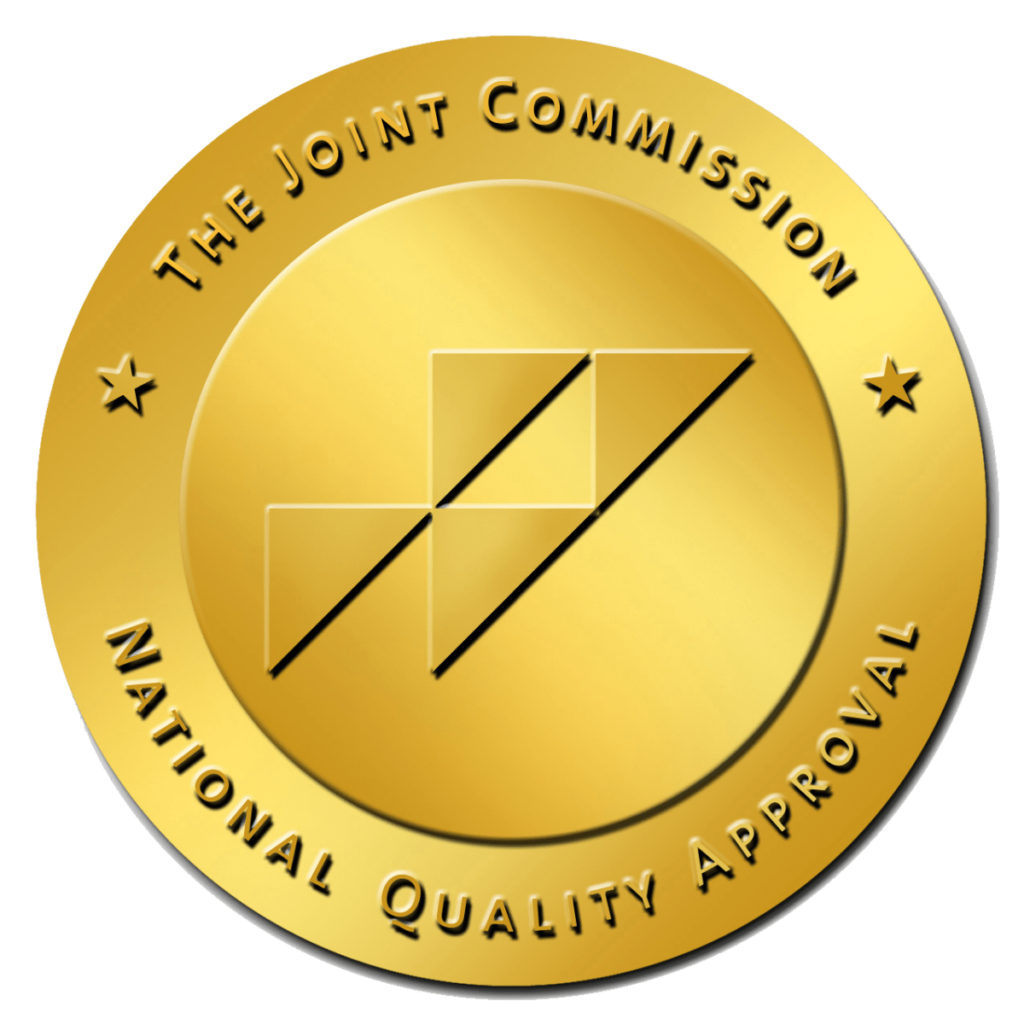Choose Facility
Mental Health Treatment for Bipolar
Bipolar Treatment and Therapy in Fresno, CA
- Evidence Based Programs
- Dual-Diagnosis Treatments
- Most Insurances Covered
Quick Links
Bipolar disorder, also known as manic-depressive illness, is a mental health condition that affects a person’s mood, energy, activity level, and ability to function. This disorder causes individuals to experience episodes of intense emotional highs (mania or hypomania) and lows (depression). In Fresno, CA, Sierra Meadows Behavioral Health provides a range of treatment options for individuals struggling with bipolar disorder.
What is Bipolar Disorder?
Bipolar disorder is a mental health condition that affects millions of individuals worldwide. It is characterized by extreme mood swings, with episodes of mania or hypomania alternating with periods of depression. During a manic episode, a person may feel extremely happy, energetic, and impulsive. They may engage in risky behaviors, such as substance abuse, reckless driving, or overspending. During a depressive episode, a person may feel sad, hopeless, and tired. They may have trouble sleeping, lose interest in activities they once enjoyed, and have suicidal thoughts.
Who is at Risk for Bipolar Disorder?
Bipolar disorder can affect anyone, regardless of age, gender, or ethnicity. However, some factors may increase a person’s risk of developing this condition. These factors include a family history of bipolar disorder or other mood disorders, exposure to significant stress or trauma, substance abuse, and certain medical conditions, such as thyroid disease or multiple sclerosis.
What Causes Bipolar Disorder?
The exact cause of bipolar disorder is unknown. However, research suggests that this condition may be the result of a combination of genetic, environmental, and neurobiological factors. Changes in the brain’s structure and function, as well as imbalances in certain neurotransmitters, may also play a role in the development of this disorder.
What are the Symptoms of Bipolar Disorder?
The symptoms of bipolar disorder can vary from person to person and can range from mild to severe. Some of the most common symptoms of bipolar disorder include:
- Episodes of mania or hypomania, which may include a period of high energy, talkativeness, and impulsivity.
- Episodes of depression, which may include feelings of sadness, hopelessness, and worthlessness, as well as changes in sleep and appetite.
- Rapid cycling, which occurs when a person experiences four or more episodes of mania, hypomania, or depression within a year.
- Mixed episodes, which occur when a person experiences both manic and depressive symptoms at the same time.
What are the Treatment Options for Bipolar Disorder at Sierra Meadows Behavioral Health in Fresno?
At Sierra Meadows Behavioral Health in Fresno, CA, a range of treatment options is available for individuals struggling with bipolar disorder. These include:
- Medication management: A variety of medications, including mood stabilizers, antipsychotics, and antidepressants, may be prescribed to help manage the symptoms of bipolar disorder.
- Individual therapy: A licensed therapist can help individuals with bipolar disorder learn coping skills and manage their mood swings.
- Group therapy: Group therapy can provide individuals with bipolar disorder with a supportive community and a safe space to share their experiences and learn from others.
- Family therapy: Family therapy can help improve communication and relationships between family members and provide support for both the person with bipolar disorder and their loved ones.
- Electroconvulsive therapy (ECT): In some cases, ECT may be recommended as a treatment option for bipolar disorder.
We’re here for you. Take the first step – contact us today!
Bipolar disorder is a complex mental health condition that can be challenging to manage. However, with the right treatment and support, individuals with bipolar disorder can lead healthy, fulfilling lives. At Sierra Meadows Behavioral Health in Fresno, CA, a range of treatment options is available for individuals struggling with bipolar disorder, including medication management, individual and group therapy, family therapy, and ECT

